Introduction
Chickpeas are a nutritious, protein-rich food that supports maternal health and baby development during pregnancy. Packed with essential vitamins and fiber, they’re an easy addition to meals, helping to maintain a balanced and healthy diet.
Chickpeas are good for everyone. They are loaded with protein and fiber. if you don’t know “the benefits of chickpeas” you can check or gain more information about chickpeas.
Nutrient Of Chickpeas For Pregnant Women
| Nutrient | 1 cup (164g) | Pregnancy Benefits |
| Protein | 14.5g | Supports baby’s growth and repairs maternal tissues. |
| Fiber | 12.5g | It aids digestion and prevents constipation. |
| Folate (B9) | 282µg (71%) | Prevents neural tube defects. |
| Iron | 4.7mg (26%) | Reduces anemia risk by supporting blood volume. |
| Calcium | 80mg (8%) | Essential for baby’s bone development. |
| Magnesium | 78mg (20%) | Regulates blood pressure and promotes fetal growth. |
| Potassium | 474mg (13%) | Maintains heart health and fluid balance. |
| Vitamin B6 | 0.6mg (30%) | Supports brain development and reduces nausea. |
| Zinc | 2.5mg (17%) | Boosts immunity and cell growth. |
Can Pregnant Woman Eat Chickpeas?
Absolutely, why not? Chickpeas offer numerous health benefits and essential nutrients, making them a safe and nutritious snack during pregnancy. They are rich in calcium, potassium, fiber, and other vital nutrients needed during this crucial time. Additionally, chickpeas contain folate, a key nutrient for pregnant women.
To retain their full nutritional value, it’s important to cook chickpeas properly. Uncooked chickpeas can lose their beneficial properties and may not be suitable for consumption during pregnancy. For these reasons, chickpeas are considered a safe and healthy choice for pregnant women.
How Much Chickpeas Eat Daily If You Are A Pregnant Lady?
Limit your intake to no more than 2 bowls of chickpeas per day. Overconsumption can lead to discomfort or acidity.
Let’s talk about The Benefits Of Chickpeas
1. Prevent Abnormalities In Birth
Folate is essential for the health of both the mother and her baby during pregnancy. Chickpeas are high in folate, protein, and fiber, all of which are beneficial to maternal and fetal health. Chickpeas can help minimize the risk of abnormalities in birth and premature deliveries, making them an excellent choice for a healthy pregnancy diet.
2. Important For Baby Growth’s
Chickpeas provide essential nutrients and fertilizer necessary for your baby’s growth. Consuming chickpeas in perfect amounts during pregnancy supports healthy fetal development by promoting the formation of tissues and muscles. chickpeas are a valuable source of protein for both the mother and baby, making them a beneficial addition to the diet for both health.
3. Prevent Constipation
During pregnancy, issues like bloating or constipation can be common. To ease these discomforts, incorporating chana (chickpeas) into your diet can be particularly helpful. You might wonder how chickpeas can aid with constipation during this time. The secret is in their high fiber content, which helps to prevent constipation and supports healthy digestion.
4. Prevent Anemia
Anemia can be managed or reduced with sufficient iron. Chickpeas are rich in iron, making them effective in preventing and treating anemia. Incorporating chickpeas into your diet can help protect against anemia for both you and your baby.
5. Reduce The Risk Of Asthma
A study suggests that pregnant women who eat a lot of fiber-rich foods may lower the risk of asthma in their babies. Therefore, consuming chickpeas during pregnancy could potentially help protect your baby from respiratory conditions like asthma.
if you want to know more information about the benefits of chickpeas during pregnancy you can check this.
Some Side Effective Of Chickpeas During Pregnancy
As we’ve discussed, chickpeas have many benefits but also some potential issues during pregnancy. To make smart dietary choices, it’s important to understand these concerns. Let’s look at the possible problems with eating chickpeas so you can make informed decisions.
Some types of Allergy
During pregnancy, you might experience allergic reactions due to certain ingredients that may not agree with you. Chickpeas contain components that could potentially cause allergies. Therefore, it is highly recommended to consult with your doctor before including chickpeas in your diet to avoid any complications.
Cause Acidity
If you have experienced acid-related reactions after consuming raw chickpeas, it’s best to soak them overnight before eating. Soaking helps reduce the potential for digestive issues and ensures a smoother experience for your digestive system.
Conclusion
Chickpeas are a highly nutritious and beneficial addition to a pregnant woman’s diet, offering essential nutrients such as protein, fiber, folate, and iron. They support maternal health, promote healthy fetal development, and can help manage common pregnancy issues like constipation and anemia. However, it’s important to be mindful of potential side effects, such as allergies or acidity. By cooking chickpeas properly and consulting with your healthcare provider, you can safely enjoy their numerous benefits while making informed dietary choices for a healthy pregnancy.


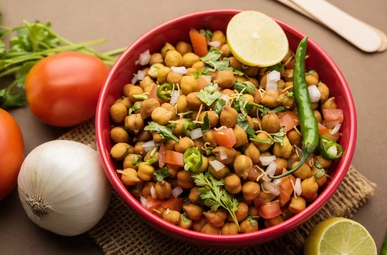
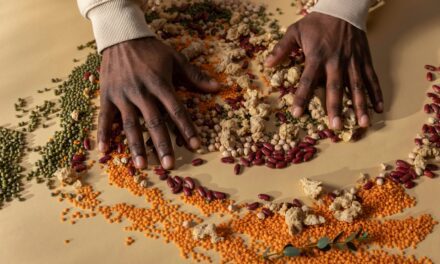
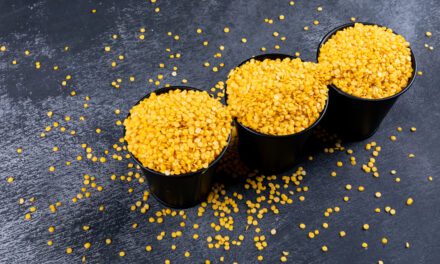
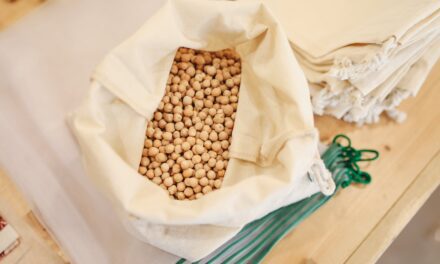
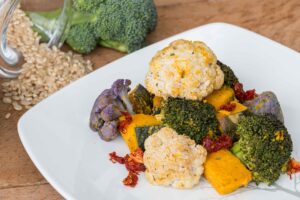






Recent Comments